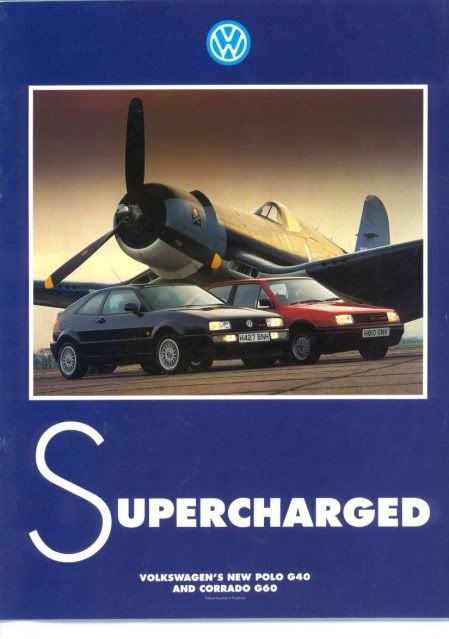Nasco12
Active Member
Yes, yes, I know they're Mercedes's name for super-chargers. And I know Mercedes started introducing them about 10 years ago. And I know it's made a mess of the nomenclature with a 230K having a 1.8. But why were they introduced? What does a Kompressor do that a bigger engine does not? And why a super-charger rather than a turbo? OK, so there's no super-lag. But that being the case why did everyone else go for turbos? And if super-chargers were such a good idea why hadn't someone thought of them before? OK, so you had them in the Blower Bentleys in the 1920s but not (as far as I am aware) until recently in saloons.
I suspect the answer is that it was the moment that advances in technology meant that super-chargers could not only produce all the power but do so without simultaneous knock-on effects to reliability and cost. But is that the case - was there something else going on? And if it is the case what were the key advances?
I suspect the answer is that it was the moment that advances in technology meant that super-chargers could not only produce all the power but do so without simultaneous knock-on effects to reliability and cost. But is that the case - was there something else going on? And if it is the case what were the key advances?

 )
)

